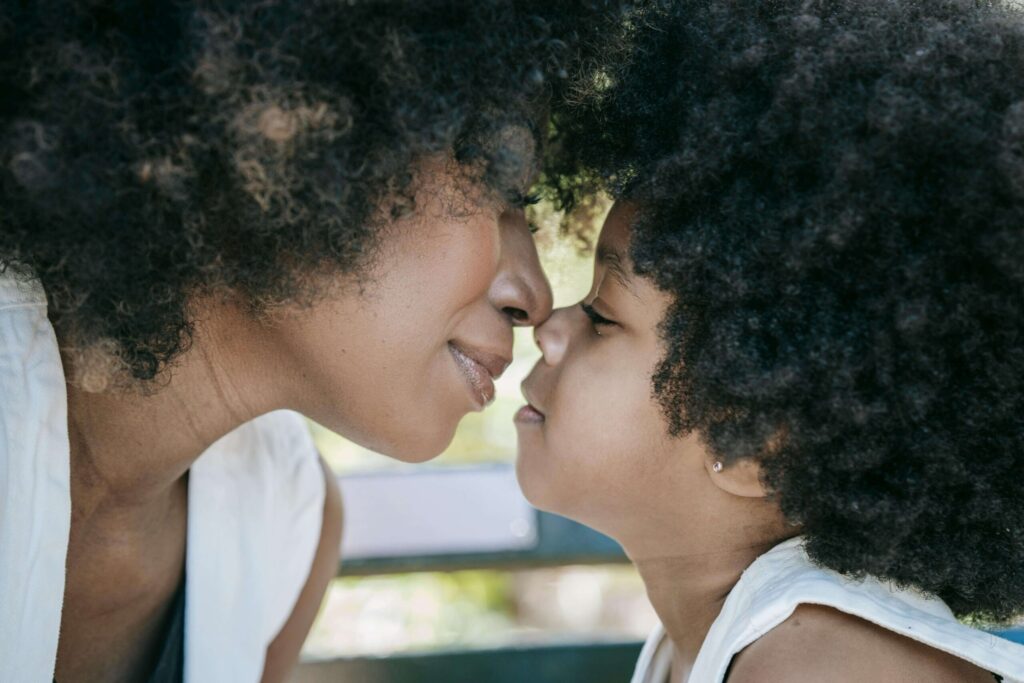When a couple with a child (or children) get separated, they must decide with whom the child will live. In some cases, both parents make a mutual decision. But if this is not possible, a Child Arrangements Order becomes necessary. It is a Court order that determines which parent the child will live with and what contact the child will have with the other parent.
How to apply for a Child Arrangements Order?
Before approaching the court, the parents must consider if a mutual agreement can be made through mediation. If the parents cannot agree on a decision even after mediation, they can apply to the Court for the Child Arrangements Order.
The Court would settle the dispute and issue the order in potentially three hearings. In most cases, the court appoints a CAFCASS Officer (Children and Family Court Advisory and Support Service). The Officer spends time with the family and makes his recommendations to the Court.
What will the Court consider before issuing the Child Arrangements Order?
While considering the case, the Court’s priority is the welfare of the child as well as his or her physical, emotional, and educational needs.
The Court will also consider:
- The wishes of the child, if the child is mature enough
- The effect of the Court’s decision on the child
- The child’s age, sex, background and other attributes that may be relevant
- If the child has suffered any harm or is in the risk of harm
In most cases, the Court makes a decision that allows both parents to have contact with the child.
Note: A Child Arrangements Order lasts until the child turns 16 (or 18 in some exceptional cases). If the couple has reconciled and moved back together, the order ceases after the couple has lived together for 6 months.
What affect will the lockdown have on the Child Arrangements Order?
Some parents, worried about their child’s safety, have asked if they still need to comply with the Child Arrangements Order.
According to the latest government guidance, a child can move between homes of separated parents in compliance with the Child Arrangements Order. This, however, does not imply that a child must move.
Parents are expected to communicate with each other to see if temporary variations can be made to the order for the child’s safety. It is recommended that any such agreement be made via text or email so that there is a written record of the agreement.
However, if both parents cannot agree on a decision, the parent with whom the child is living can exercise parental responsibility and vary the order of their own accord. If this decision is later questioned by the other parent, the Court will carefully see if the decision was reasonable. The Court may ask for alternative arrangements such as remote or skype calls to be made for the other parent to maintain contact with the child.
However, if there is evidence of an unreasonable breach of the order, the Court can impose a fine, sentence imprisonment, make an enforcement order or order for financial compensation. These consequences are clearly stated in the warning notice attached to the Child Arrangements Order at the time of issuing.
If the child needs to be in self-isolation, he or she must do it under all circumstances and during this period, the child cannot move and stay with the other parent.
The lockdown restrictions may vary the letter of the order but the spirit of the order must still be complied with.
Do not let the lockdown circumstances stop you from seeing your child, we at Aristone Solicitors are open even during the lockdown to address such key matters, hence please do not hesitate to contact one of our experts.



